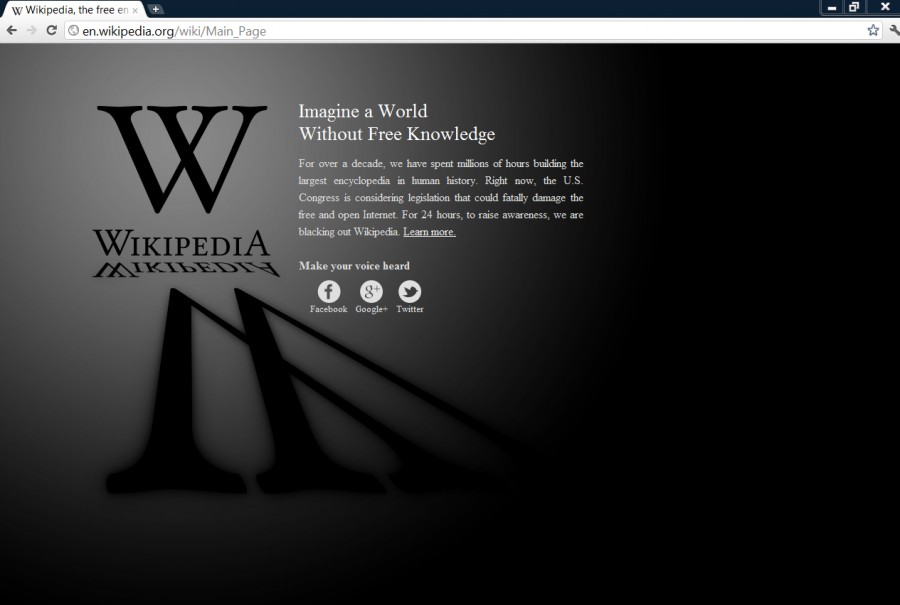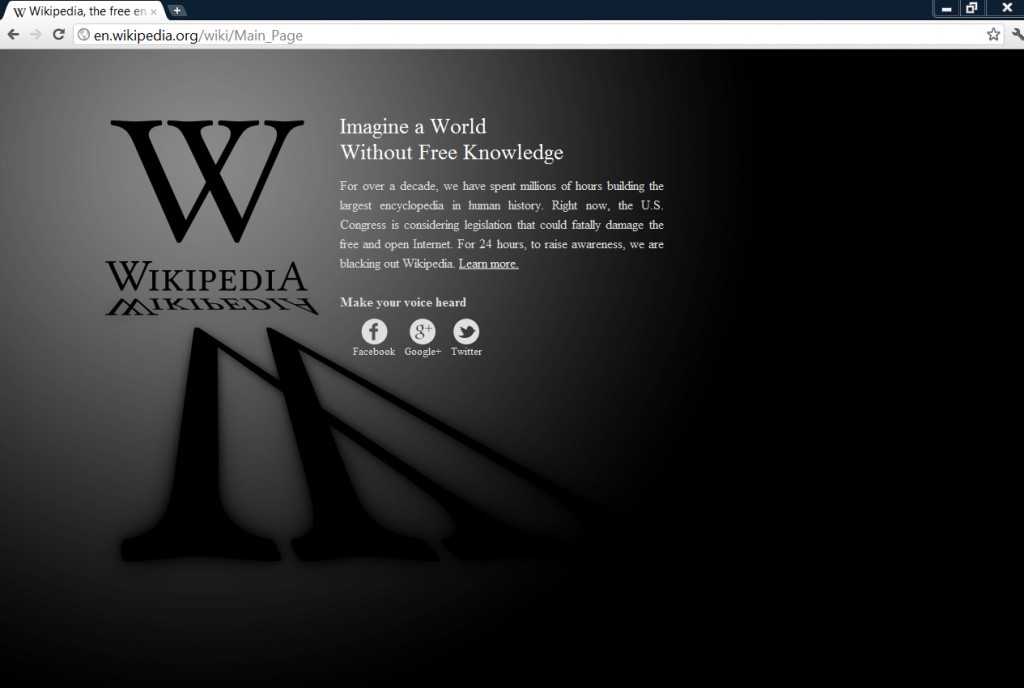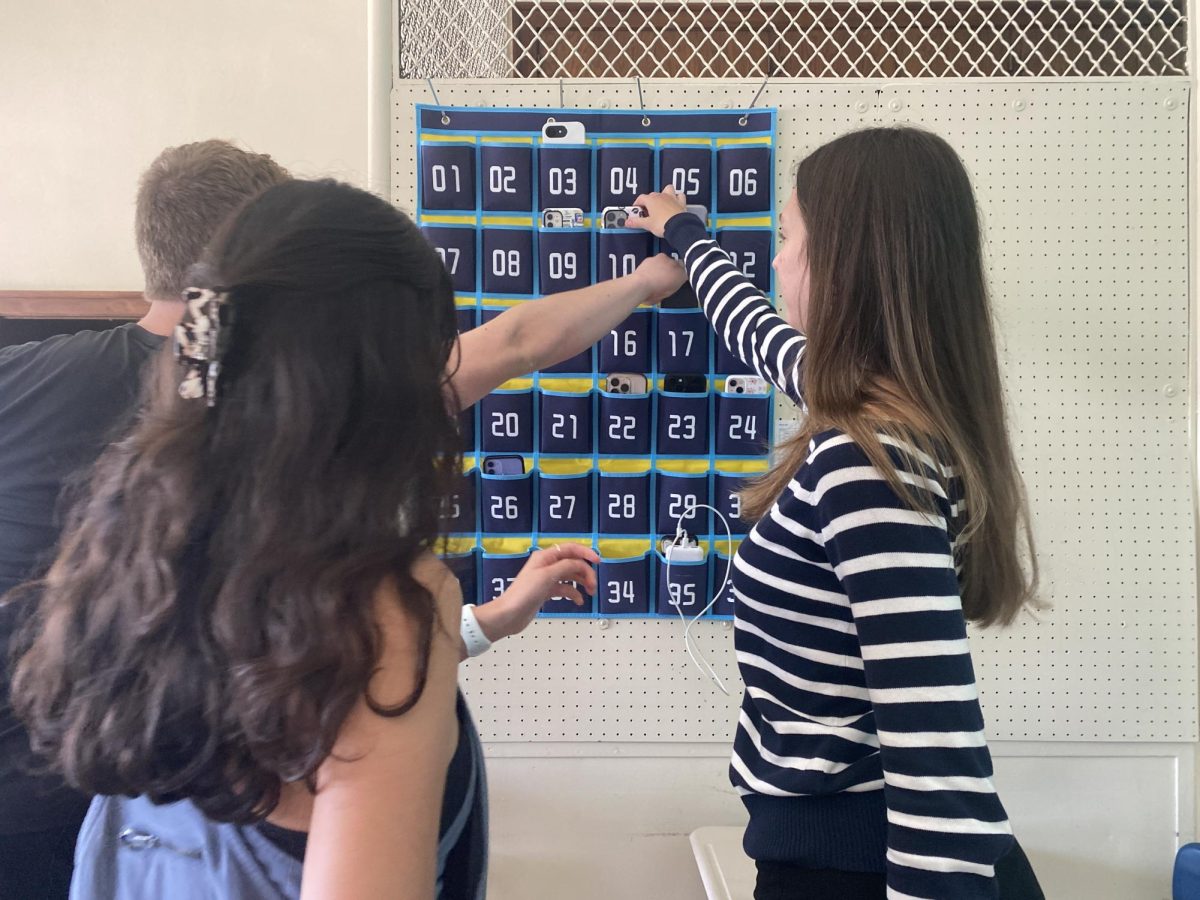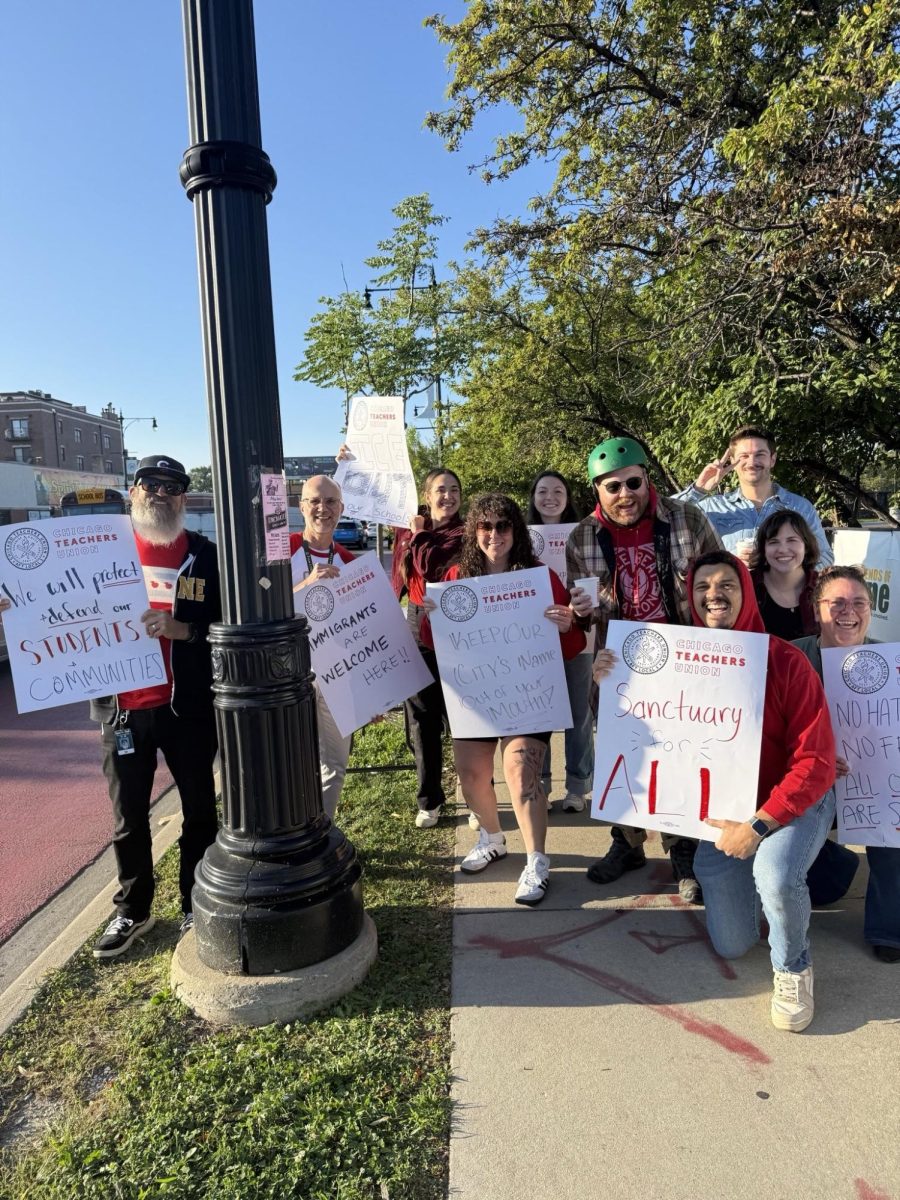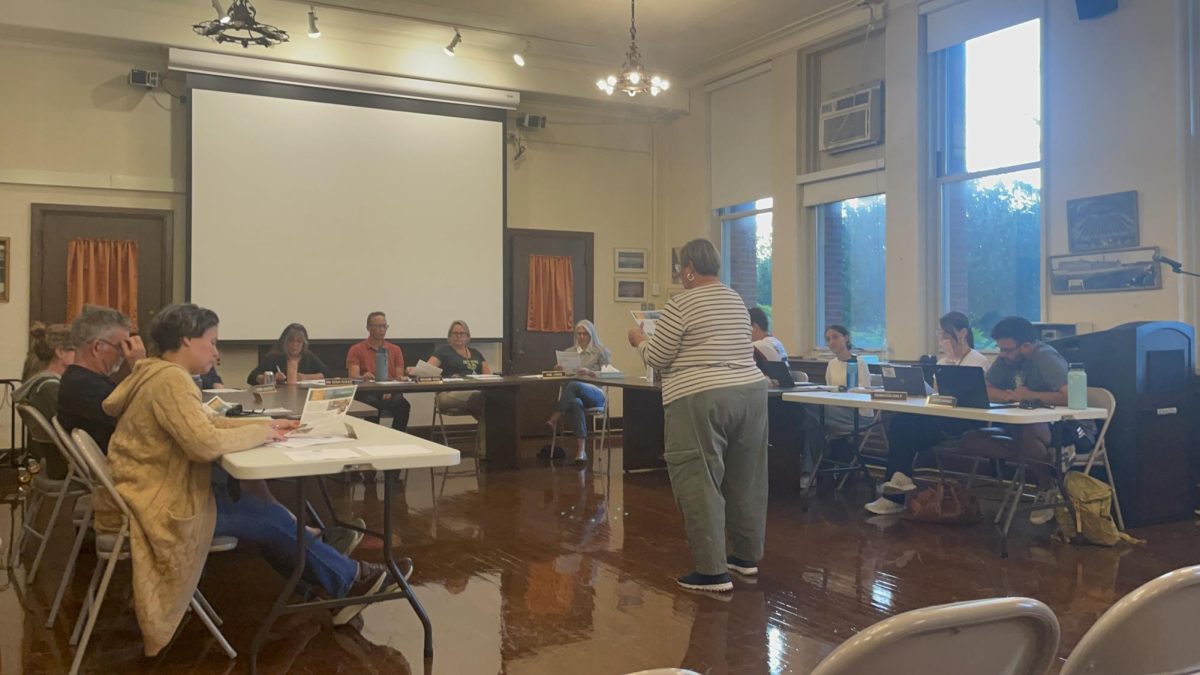By Maximilian Albekier
& Claudia Maj
SOPA and PIPA, two proposed bills that could become laws may threaten how we use the Internet.
Both are acronyms for what may be the end of downloading music and movies without paying.
The Stop Online Piracy Act (SOPA) and Protect IP Act (PIPA) are acts drawn up by Congress in efforts to stop copyright infringement and internet piracy.
The two acts were sponsored by major corporations in an effort to protect their merchandise. Companies such as NIKE, ABC, Disney, Viacom, and Tiffany & Co. have all made campaign contributions to the very congressmen and women who are to vote yes on the bill.
Under SOPA copyright holders could get court orders against websites accused of enabling or facilitating copyright infringement. Court orders against websites that post copyrighted material could restrict online advertisers from doing business with the infringing website, crippling them financially. They could also bar search engines from linking to such sites, and requiring Internet service providers to block access to such sites. This would cut down drastically on the number of sites search engines like Yahoo! and Google could access.
In addition, SOPA could make unauthorized streaming of copyrighted content a crime, with a maximum penalty of five years in prison for ten such infringements within six months.
In protest against SOPA, websites like wikipedia, wordpress, craigslist, and mozilla went offline or posted blacked out homepages on Jan. 18 to bring attention to the bill. Google participated in SOPA blackout day as well by censoring their Google sign with a black box and posting a message to its users to tell Congress “Please don’t censor the web.”
Due to the large amount of negative press SOPA has recieved, Congress has been discouraged from voting on it. PIPA is scheduled to go to a vote on Jan. 24, but recent reports claim congressional support for the bill has wained due to the unpopularity of the bill in the eyes of the public.
If either of the bills becomes law, certain websites like Facebook, Twitter, Yahoo, and Google could be at risk of getting blacklisted due to material on the sites that contain copyrighted or pirated material.

